
考场上,如何在众多的六级作文答题卡上脱颖而出?当然不能仅凭背作文模板孤军奋战啦,自然是需要闪光词汇啦!
用烂词之一:许多
一提到“许多”,无数童鞋的脑海中第一时间浮现了一个词:”many”,于是,阅卷老师心中可能如千万只神兽奔腾而过,初中词汇拿来糊弄我!
所以,为了避免阅卷老师的愤怒,我们可以用以下的词汇替换。
替换词NO.1:numerous
栗子:Scientific development meant the growth of numerous professions ancillary to medicine.
科技发展意味着许多医学衍生职业的增长。
替换词NO.2:a host of
栗子:The new e-books will include a host of Rough Guide titles.
新电子书将包括大量的简明指南。
替换词NO.3:a multitude of
栗子:There are a multitude of small quiet roads to cycle along.
有很多可以骑车的宁静小路。
用烂词之二:不同的
提到“不同的”,别跟小编说你没想到”different”一词。。。这个词无形中把你的词汇量拉低,可能让阅卷老师暗中发出 “英语智障”的感叹。
所以为了减少阅卷老师对你智商的无限怀疑,请看下列几个替换词。
替换词NO.1:various
栗子:They’ve been living and working peacefully with members of various ethnic groups.
他们和不同民族的人们一起和睦地生活和工作。
替换词NO.2:a variety of
栗子:West Hampstead has a variety of good shops and supermarkets.
西汉普斯特德有各种各样不错的店铺和超级市场。
替换词NO.3:diverse
栗子:people from diverse cultures
不同文化背景的人
用烂词之三:普遍的
说到“普遍的”,”common”一词脱口而出,貌似还真的一时间找不到其他的词汇呢,于是小编为大家科普以下的几个替换词汇啦!
替换词NO.1:commonplace
栗子:Simpson’s much vaunted discoveries are in fact commonplace in modern sociology.
辛普森的那些被大肆称赞的发现在现代社会学中实际上都不足为奇。
替换词NO.2:universal
栗子:He was probably right to intuit that it was universal.
他凭直觉认为它具有普遍性,也许他是正确的。
替换词NO.3:pervasive
栗子:It is knowledge directed to the fundamental and pervasive concerns of existence.
它要回答的是人类生存的根本、普遍的问题。
说过了普遍性,我们来看看唯一性。
用烂词之四:唯一的
说到“唯一”,非”only”莫属,然而其实还有其他一些替换词呢!
替换词NO.1 solely
栗子:Remember, happiness doesn’t depend upon who you are or what you have; it depends solely upon what you think.–Dale Carnegie
请记住,幸福不在于你是谁或者你拥有什么,而仅仅取决于你的心态!
替换词NO.2 unique
栗子:Kauffman was a woman of unique talent and determination.
考夫曼是一个有着超群才智和决断力的女子。
替换词NO.3 merely
栗子:This merely strengthens our resolve to win the league.
这只会更加坚定我们赢得联赛的决心。
用烂词之五:贫穷的
嗯,贫穷就是poor,我们已经形成了使用习惯,然而,还有其他形容“贫穷的”词汇。
替换词NO.1 needy
栗子:Although he was poor, he was quite generous to his needy friends.
他虽穷, 但对贫苦的朋友很慷慨。
替换词NO.2 impoverished
栗子:The rural people have been impoverished by a collapsing economy.
经济崩溃使农村地区的人们一贫如洗。
替换词NO.3 in poverty
栗子:The poor man in poverty sleeps on the floor at the doorway.
那个贫困的可怜人睡在门口的地板上。
看完了贫穷,我们来看看富贵。
用烂词汇之五:富裕的
说到富裕,许多人人文,基本就等同于”rich”,但是富贵有很多种呢,不信你看!
替换词NO.1 wealthy
栗子:It had once been the home of a wealthy nobleman.
这里曾是一个有钱贵族的宅邸。
替换词NO.2 well-heeled
栗子:He’ll probably wind up being very well – heeled.
他也许最终会发财.
替换词NO.3 well-to-do
栗子:This is the part of town where the well-to-do live.
这地区住的全是镇上的有钱人家。
用烂词汇之六:大的
富贵之后,中枪的是“大big”。有些童鞋要问了,难道 “大”不是”big”还是什么呢?当然,你还可以使用以下这些较高级词汇哦!
替换词NO.1 vast
栗子:This vast archive has been indexed and made accessible to researchers.
这个存量巨大的档案室的所有文件都已编了索引,可供研究人员使用。
替换词NO.2 massive
栗子:We needed to reskill our workforce to cope with massive technological change.
我们得让工人学习新技能,以应对巨大的技术变革。
替换词NO.3 enormous
栗子:She was a shy, delicately pretty girl with enormous blue eyes.
她是一个害羞、娇美的女孩,长着一双大大的蓝眼睛。
用烂词汇之七:新的
说到“新的”,一般都会想到”new”,似乎替换词蛮少的,其实还是有其他一些可替换词的,比如:
替换词NO.1 brand new
【例句】Net Electronic Map has become a brand-new way for showing the geographic information。
【翻译】网上电子地图已成为一种全新的地理信息展示方式。
替换词NO.2 fresh
栗子:Fresh fruits and vegetables are important and so is bran.
新鲜的水果和蔬菜很重要,麦麸也是。










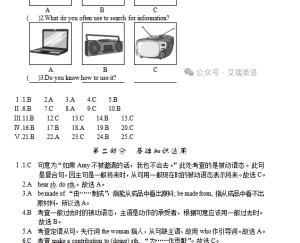
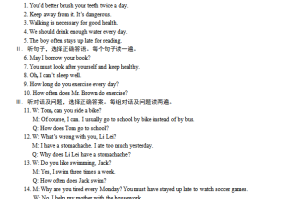


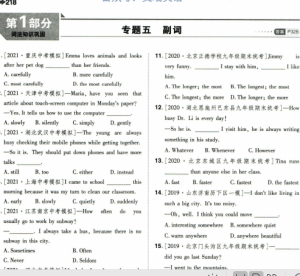
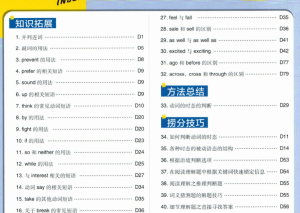
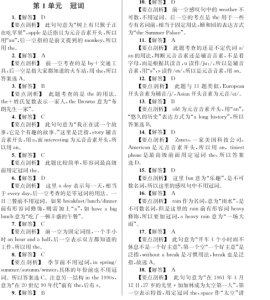
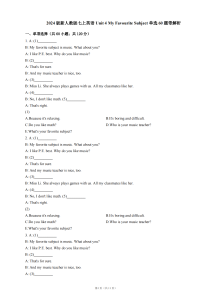


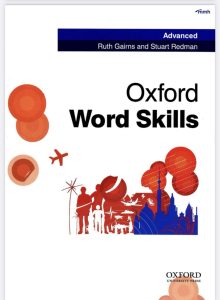
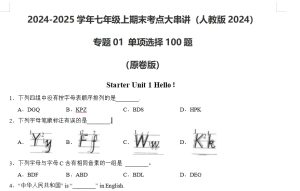
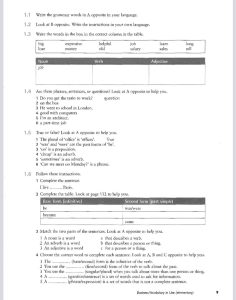


暂无评论内容